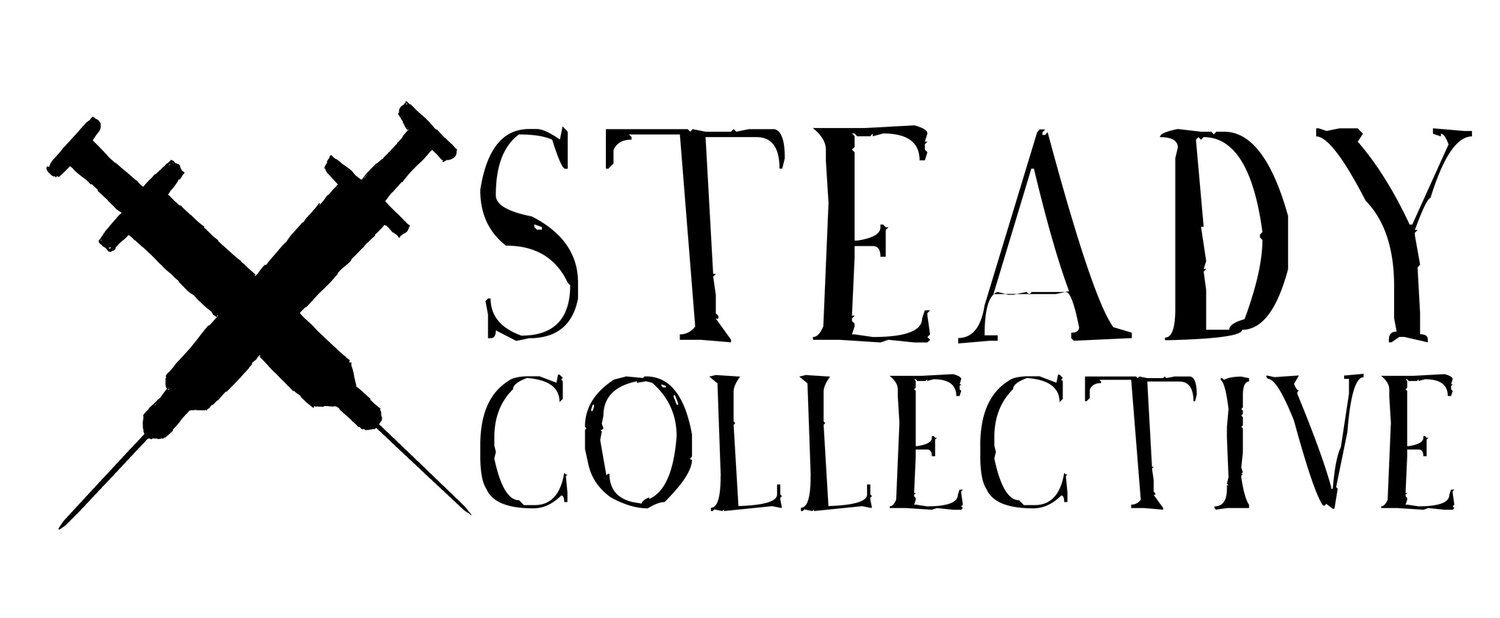STEADY COLLECTIVE RESOURCES
TEST STRIP INSTRUCTIONS
Follow this link for detailed instructions on multiple methods of using Fentanyl and Xylazine test strips.
ACCESSIBLE OUTREACH PROGRAM
Follow this link to sign up for our Accessible Outreach Program.
Community Resources.
-

Project Cara
Founded in 2014, Project CARA has supported over 800 pregnant and parenting people with substance use disorders. At CARA, we prioritize comprehensive, integrated care. Our clinic, housed at MAHEC OB/GYN, provides medical, substance use, and additional support services so that patients can smoothly access the resources they need under one roof. Perhaps most importantly, we provide judgment-free care to all our patients
-

WNCAP (Western North Carolina AIDS Project)
WNCAP is dedicated to providing support services, HIV Prevention and Care to 18 counties across Western North Carolina. Our services include case management, emergency financial assistance for eligible individuals, access to medication, HMAP enrollment, prevention education, and STI testing.
Principles of Harm Reduction
Accepts, for better or worse, that licit and illicit drug use is part of our world and chooses to work to minimize its harmful effects rather than simply ignore or condemn them.
Understands drug use as a complex, multi-faceted phenomenon that encompasses a continuum of behaviors from severe use to total abstinence, and acknowledges that some ways of using drugs are clearly safer than others.
Establishes quality of individual and community life and well-being — not necessarily cessation of all drug use — as the criteria for successful interventions and policies.
Calls for the non-judgmental, non-coercive provision of services and resources to people who use drugs and the communities in which they live in order to assist them in reducing attendant harm.
Ensures that people who use drugs and those with a history of drug use routinely have a real voice in the creation of programs and policies designed to serve them.
Affirms people who use drugs (PWUD) themselves as the primary agents of reducing the harms of their drug use and seeks to empower PWUD to share information and support each other in strategies which meet their actual conditions of use.
Recognizes that the realities of poverty, class, racism, social isolation, past trauma, sex-based discrimination, and other social inequalities affect both people’s vulnerability to and capacity for effectively dealing with drug-related harm.
Does not attempt to minimize or ignore the real and tragic harm and danger that can be associated with illicit drug use.
(Source: National Harm Reduction Coalition | https://harmreduction.org/about-us/principles-of-harm-reduction/)
